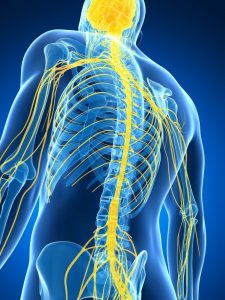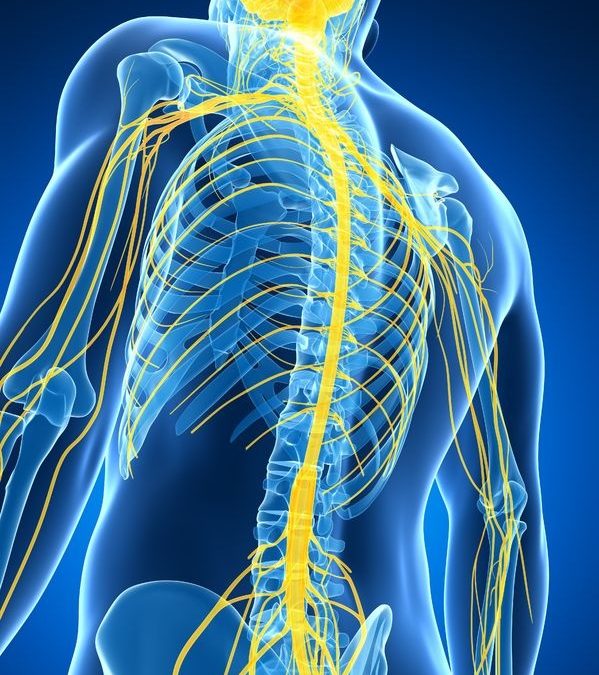

Do I have nerve pain?
By Don Williams
Recent television marketing campaigns by a well known anti-inflammatory drug company have created significant confusion as to the basis or reason that people might be experiencing pain.
The advertisement essentially starts with a line, “Do you have; aching, burning, stinging, gnawing, throbbing or stabbing pain?, this could be nerve pain!” This television commercial then goes on to suggest that you start taking their drug and to “see your doctor”. I am not saying that visiting your doctor is a bad idea, however, the description of the pain and the insinuation that all these types of pain could be nerve pain is misleading.
Nerve pain can arise for a number of reasons.
Disc bulges and prolapses, degenerative conditions and entrapment syndromes can create neural irritation. This is normally characterised by a specific distribution pattern of pain. This means it is relatively easy to point to where the pain is and where it travels to in the arms or legs. Where the pain is experienced tells us which nerve root is involved. The role of the practitioner then is to identify where the nerve is being compressed and to try to resolve this. When people suffer from a disc bulge or prolapse, around 80% can be resolved with conservative management only. This means they won’t need surgery. Studies show that conservative management is equally as effective as surgical interventions at 5 years, in most cases..
The first goal, or course, is to diagnose what the problem. Then, work out a treatment plan to help resolve the issue. A range of strategies can be used to get a resolution.
There are also systemic problems which can cause nerve pain. These include MS, diabetes, shingles, B12 and folate deficiency anaemias, neurodegenerative conditions and the list goes on. Some of these conditions are more difficult to manage than others, some have some very simple solutions. Once again though, effective assessment and diagnosis is paramount to ensure the actual problem is being addressed.
Sometimes drug therapies can be useful in the management of these symptoms, sometimes they are inappropriate.
Our recommendation is always to have a thorough assessment with your healthcare practitioner to identify the cause of the symptoms, then work out an appropriate way to manage and or resolve the problem.



Recent Comments